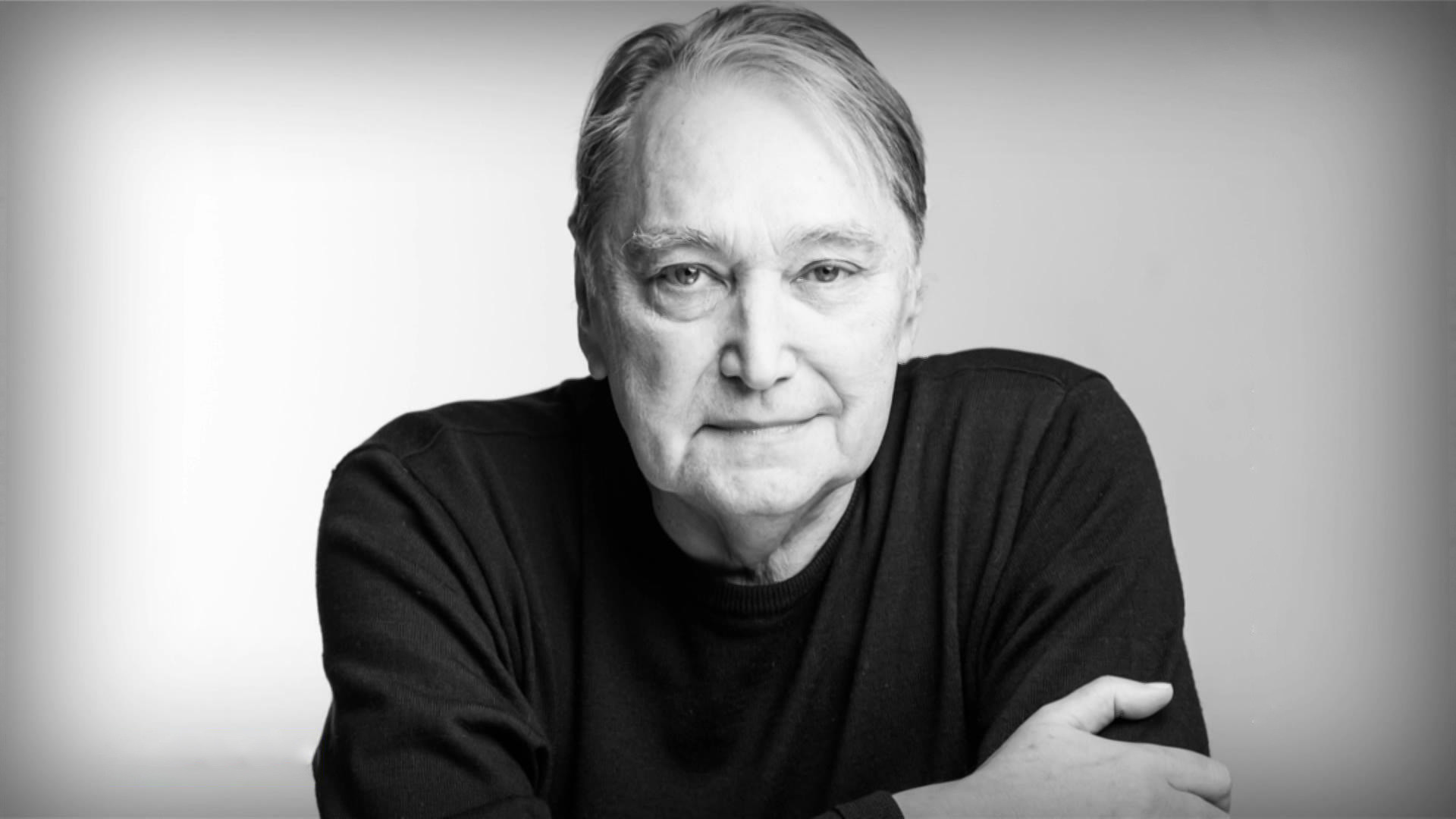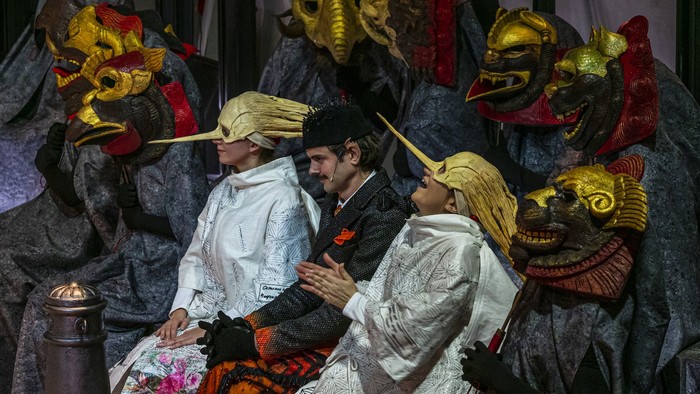Vladimir Korenev was born in Sevastopol on June 20, 1940. In 1957 he enrolled in Grigory Konskoi and Olga Androvskaya's acting class at the State Institute of Theatre Art (GITIS). After graduation, at the invitation of artistic director Mikhail Yanshin, Korenev joined the troupe of the Stanislavsky Drama Theatre where he has worked his entire professional life. His first significant roles were Kirpaty in Days of Turbins, and Beggar Filch in The Threepenny Opera.
Korenev has worked with numerous top directors of different schools and styles, including Mikhail Yanshin, Boris Lvov-Anokhin, Yekaterina Yelanskaya, Boris Morozov, Alexander Tovstonogov, Vladimir Mirzoev, Semyon Spivak and Sergei Aldonin.
In the mid-1960s, Korenev performed in Boris Lvov-Anokhin's famous productions of Medea, Anna and others. One of his finest roles was in the title role of Robin Hood in 1968. More recently, he has participated in such box office smashes as Masculine Singular, Cuba - My Love, Crash and others.
Vladimir Koren is widely known to the public for his roles in the films Light of a Distant Star (1964), Children of Don Quixote (1965), Sons of the Fatherland (1968), The Road to Hell (1988 ), and others. But it was his turn in the title role in the cult favorite Amphibian Man (1962) that made him a legend in his time. This character has been recognized as one of the key symbols of romantic ideals in the Soviet Union in the 1960s.
Along with his work in theatre, Vladimir Korenev for over ten years has been the head of the acting department in the theatre department of the Institute of Humanitarian Education and Information Technology, where Korenev teaches and stages students graduate productions. In 2011 he directed Dangerous Liaisons on the stage of the Lomonosov Drama Theatre in Arkhangelsk.
Director Boris Yukhananov built Korenev's role of Tyltyl in The Blue Bird (2015) at the Stanislavsky Electrotheatre around Korenev's own biography and career in theatre and film.

